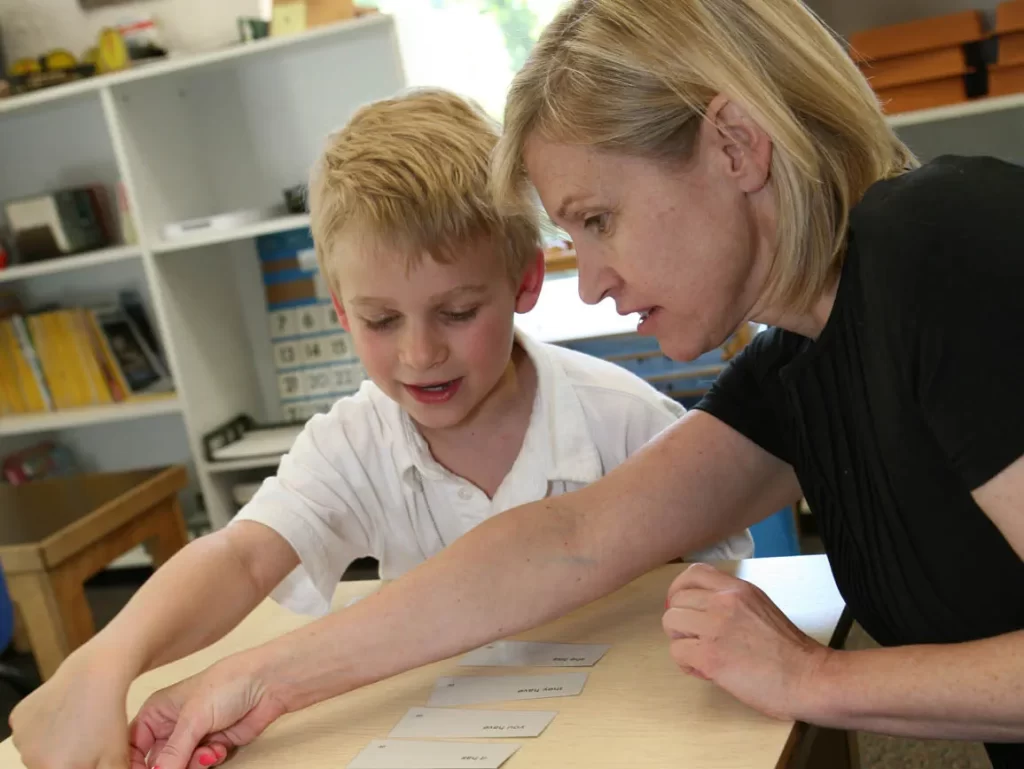
From infancy through adulthood, parenting and child-rearing foster and support a child’s physical, emotional, social, spiritual, and intellectual growth. Parenting encompasses all aspects of raising a kid, not only those related to a biological bond.
Most frequently, the kid in question’s biological mother, father, or both parents provide care. However, an elder sibling, a stepparent, a grandparent, a legal guardian, an aunt, an uncle, other family members, or a close acquaintance could act as a surrogate parent. Governments and society may also have a part in raising or rearing children. Orphans and abandoned youngsters frequently get parental care from people who are neither their parents nor biological relatives. Others might be placed in orphanages, adopted, or reared in foster care. A parent or substitute with good parenting abilities may be referred to as a good parent because parenting abilities vary.
What are the tenets of effective parenting?
- Your actions matter: Your children observe everything you do, including your health practices and interpersonal interactions. One of the essential principles is that what you do has an effect. Avoid immediately responding. Consider whether this will assist you in achieving your objectives.
- You can never love too much: To put it simply, it is impossible to spoil a child with love. What we frequently imagine as coming from pampering a child rarely results from giving them too much affection. Usually, it comes from giving a child things instead of love, like an indulgence, lowered standards, or material things.

- Participate in your kid’s life: Being a dedicated parent takes time and effort and regularly forces you to reassess your priorities. It often involves sacrificing your desires for your child’s needs. Physically and psychologically, be present.
- 4. Adapt your parenting to your child’s needs: Observe your child’s growth. Your child is growing and changing. Consider how the child’s age may be influencing their behavior.
Your three-year quest for independence drives him to be potty trained and causes him to. Your 13-year-cerebral old’s development spurt makes her combative at the dinner table, making her bright and interested in class.
- Establish and enforce standards: If you don’t teach your child self-discipline while he’s young, he’ll find it challenging to learn it when he’s older, and you aren’t around. Day or night, you’d always be able to answer these 3 questions: What has become of my child? With whom is my child? What is my child doing? The rules your child has learned from you will influence the rules he applies to himself.
You cannot, however, micromanage your child. You should step back once the child starts middle school and let them handle their own decisions and schoolwork. The above are the parenting tips every parent should follow in their life.
Takeaway
Parenting isn’t always easy. Even though there will be times when it seems like your child is trying your patience, keeping a positive outlook may make excellent parenting much easier to achieve. Be a wise parent by following the parenting as mentioned above advice.



